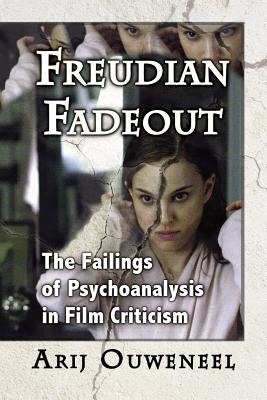
- We will send in 10–14 business days.
- Author: Arij Ouweneel
- Publisher: McFarland & Company
- ISBN-10: 0786468939
- ISBN-13: 9780786468935
- Format: 15 x 22.6 x 2.3 cm, softcover
- Language: English
- SAVE -10% with code: EXTRA
Reviews
Description
In Western culture, the psychoanalysis that has guided popular psychology for almost a century is now on the retreat. Better equipped with proven results, cognitive and evolutionary psychology has driven psychoanalysis out of the spotlight. In cultural and film studies, however, the debate between cognitive sciences and psychoanalysis remains contentious. This volume explores this state of things by examining criticism of 18 films, juxtaposing them with cognitive-based films to reveal the flaws in the psychoanalytical concepts. It pays particular attention to simulation theory, the concept that narratives learned from films could work in human minds as simulations for solutions to particular problems. By introducing the idea of narrative stimulation to film studies, this work argues for a different method of film critique, encouraging further research into this nascent field.
EXTRA 10 % discount with code: EXTRA
The promotion ends in 20d.15:34:06
The discount code is valid when purchasing from 10 €. Discounts do not stack.
- Author: Arij Ouweneel
- Publisher: McFarland & Company
- ISBN-10: 0786468939
- ISBN-13: 9780786468935
- Format: 15 x 22.6 x 2.3 cm, softcover
- Language: English English
In Western culture, the psychoanalysis that has guided popular psychology for almost a century is now on the retreat. Better equipped with proven results, cognitive and evolutionary psychology has driven psychoanalysis out of the spotlight. In cultural and film studies, however, the debate between cognitive sciences and psychoanalysis remains contentious. This volume explores this state of things by examining criticism of 18 films, juxtaposing them with cognitive-based films to reveal the flaws in the psychoanalytical concepts. It pays particular attention to simulation theory, the concept that narratives learned from films could work in human minds as simulations for solutions to particular problems. By introducing the idea of narrative stimulation to film studies, this work argues for a different method of film critique, encouraging further research into this nascent field.


Reviews